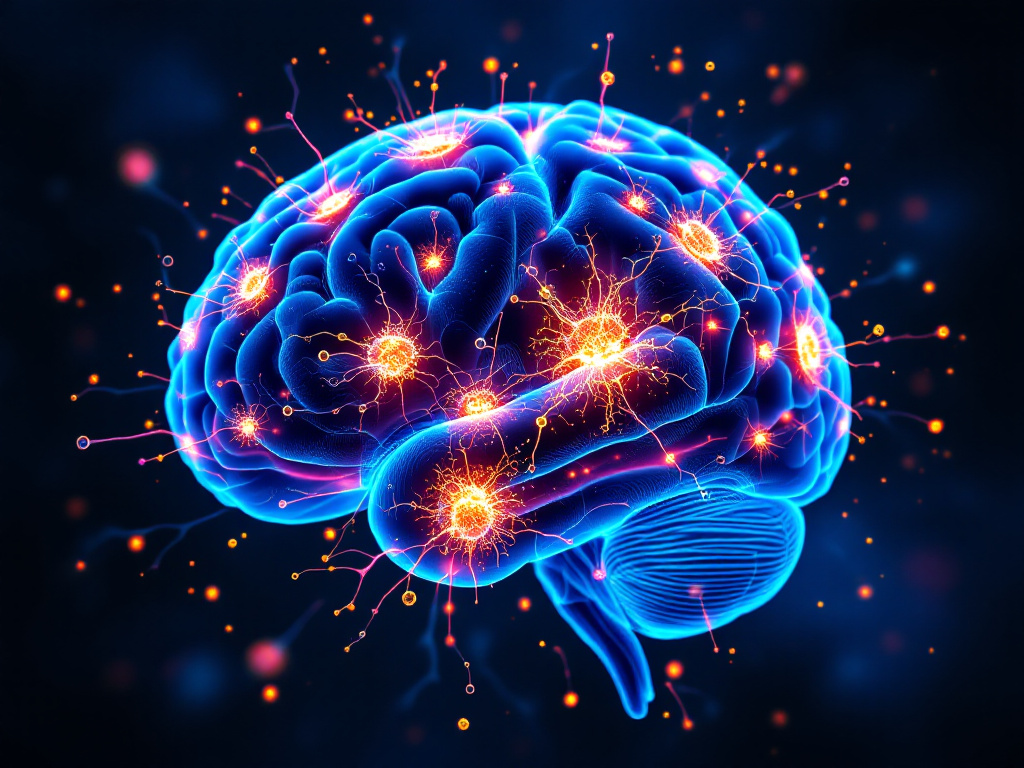
Revolutionizing Alzheimer's Treatment: Harnessing the Brain's Immune Cells
**Alzheimer's Disease and Amyloid Beta Plaques**: For over thirty years, researchers have focused on removing amyloid beta plaques to combat Alzheimer's. However, a new **Northwestern Medicine** study suggests a more effective approach by enhancing the brain's immune cells, known as _microglia_, to better clear these plaques and aid in brain recovery. **Current Treatments and Challenges**: Traditional treatments, including FDA-approved antibody therapies, have shown only modest benefits and can carry significant risks. The new approach advocates leveraging _microglia_ to go beyond mere plaque removal, aiming to restore a healthier brain environment. **Spatial Transcriptomics Breakthrough**: This study is the first to employ **spatial transcriptomics** on human trial brains, allowing researchers to accurately locate gene activity within tissue samples and understand why some brains respond better to treatments. They found certain genes, like _TREM2_ and _APOE_, enhance microglial activity, boosting amyloid-beta clearance. **The Amyloid Cascade Hypothesis**: The study aims to halt Alzheimer's progression by clearing plaques before they cause tau pathology, which is a major factor in cognitive decline. Early intervention might prevent the 'domino effect' of further damage. **Ongoing Research**: Although there isn't yet a targeted treatment for these immune cells, improving methods of targeting brain cells annually may pave the way for future breakthroughs. **Study Details**: This comprehensive study analyzed post-mortem brains from individuals vaccinated against amyloid beta. By comparing immune cell responses, it identified molecular genetic factors influencing treatment efficacy, offering insights for potentially groundbreaking treatments.